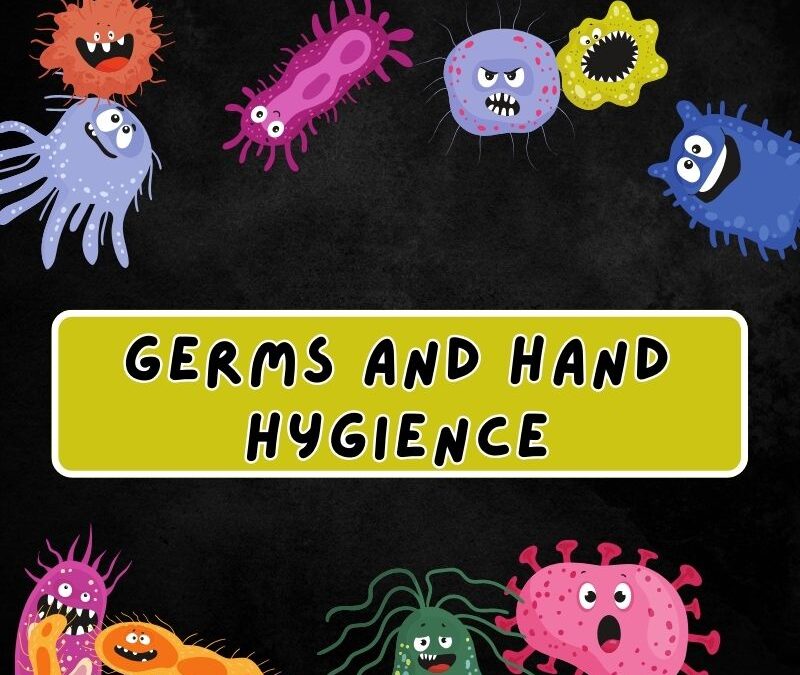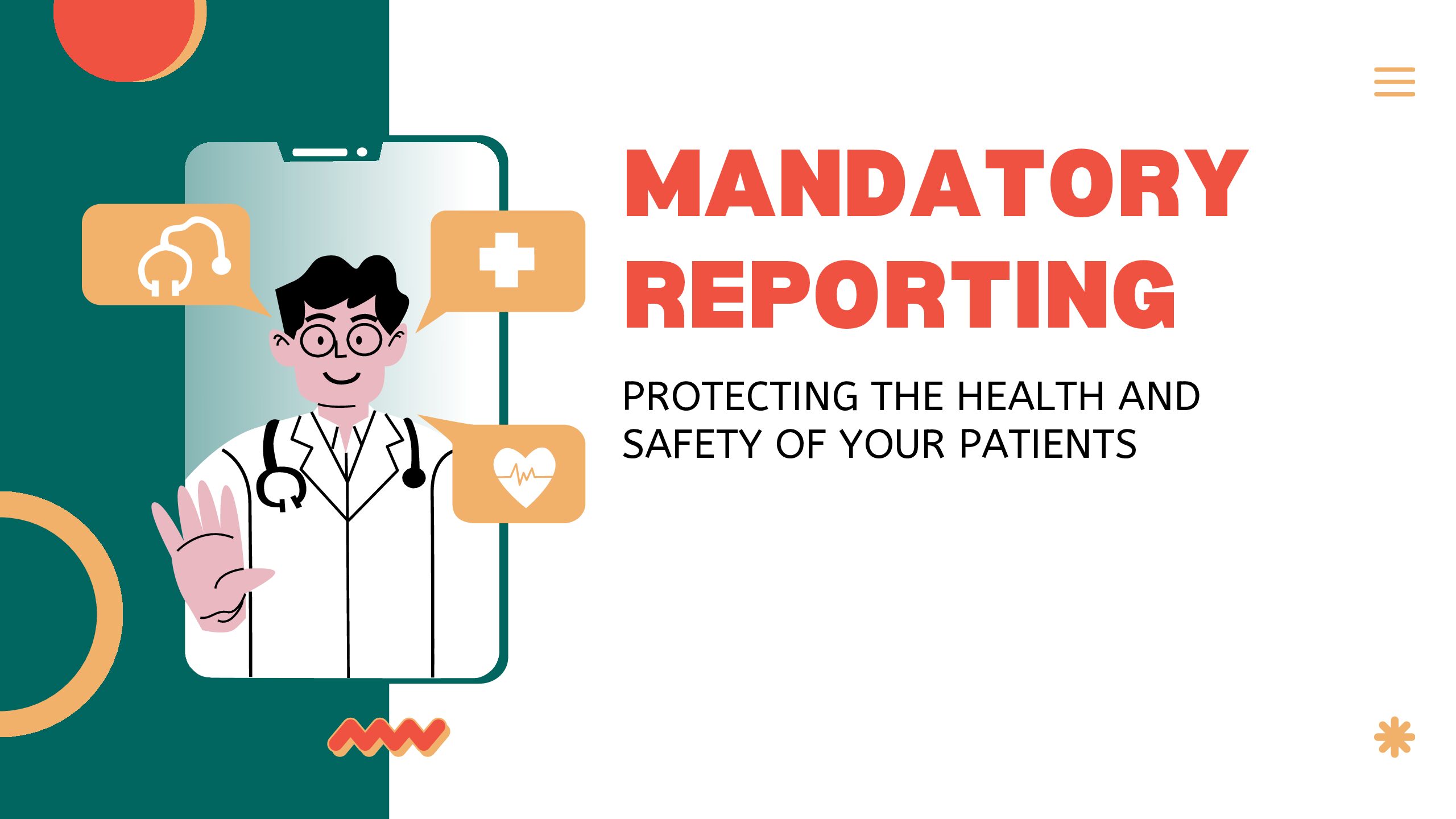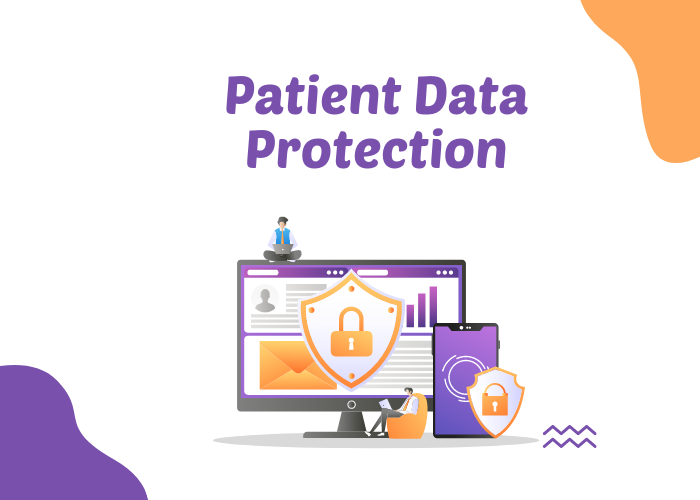
by editor | Feb 9, 2025 | Care Keys - Aides, Care Keys - Chaplains, Care Keys - Nurses, Care Keys - Social Workers, Teaching Tools
Clean hands are one of the most important ways you protect your patients, yourself, and your community. Let’s learn why hand hygiene is so vital and how to do it right.
A Quick Look Back:
Did you know that doctors didn’t always understand the importance of handwashing? Back in the 1800s, a doctor noticed many women were dying after childbirth. He realized that medical students, after working with deceased individuals, were going straight to deliver babies without washing their hands. The doctor figured out that something from the deceased individuals was making the new mothers sick. When he made the students wash their hands, the number of sick mothers dropped dramatically! This was a huge discovery.
Today, we know much more about germs and how they spread. We know that handwashing is a powerful tool to prevent infections.
What is Hand Hygiene?
Hand hygiene means cleaning your hands. You can do this in two ways:
- Washing with soap and water: This physically removes germs from your hands.
- Using hand sanitizer: This kills germs on your hands. For hand sanitizer to work, it needs to have at least 60% alcohol.
Germs: They’re Everywhere!
Germs are tiny living things that can make people sick. They’re on everything we touch – doorknobs, phones, food, and, of course, our hands. When you touch something with germs on it, the germs get on your hands. Then, when you touch something else, you can spread those germs. This happens everywhere, not just in healthcare settings, but also at home, in stores, and in the community.
Why is Hand Hygiene So Important?
Hand hygiene is essential because it stops the spread of germs. By cleaning your hands, you protect:
- Your patients: Especially those who are already sick or weak.
- Yourself: You can get sick from the germs you pick up.
- The environment: You prevent germs from spreading to other people and places.
Hand Hygiene in Hospice Care:
In hospice care, hand hygiene is extra important. Many patients have weakened immune systems, making them more vulnerable to infection. As a hospice home health aide, you move between different homes and patients, so you must be extra careful not to spread germs. Think about all the surfaces you touch and the different people you interact with. Clean hands are your first line of defense.
When Should You Clean Your Hands?
Clean your hands often! Here are some key times:
- Before and after touching a patient.
- Any time you touch blood, body fluids (like saliva or mucus), or anything that might be contaminated.
- After taking off gloves.
- After using the restroom.
- Before preparing food.
- Any time your hands look or feel dirty.
Handwashing vs. Hand Sanitizer:
Hand sanitizer is quick and easy. It’s great for times when you can’t get to a sink right away. However, handwashing with soap and water is the best way to clean your hands, especially when they are visibly dirty.
When to Wash (Soap and Water):
- When your hands are visibly dirty.
- After using the restroom.
- When caring for patients on special contact precautions (your supervisor will tell you when this is needed).
How to Wash Your Hands
- Wet your hands with clean, running water.
- Lather your hands with soap.
- Scrub all surfaces of your hands – palms, backs, between fingers, under nails – for at least 20 seconds (sing “Happy Birthday” twice!).
- Rinse your hands well under running water.
- Dry your hands with a clean towel or air dryer.
How to Use Hand Sanitizer
- Apply enough sanitizer to cover all surfaces of your hands.
- Rub your hands together until they are dry (about 15-20 seconds).
Remember: Clean hands save lives. By following these hand hygiene guidelines, you’re making a real difference in the health and well-being of your patients, yourself, and your community.
Where Can You Find Out More?
- See this video about hand hygiene
- CDC: About Hand Hygiene for Patients in Healthcare Settings
- CDC Clinical Safety: Hand Hygiene for Healthcare Workers

by editor | Jan 23, 2025 | Care Keys - Aides, Care Keys - Chaplains, Care Keys - Nurses, Care Keys - Social Workers, Career Advancement, Clinical Compliance, Patient Care, Rules and Regulations - Chaplains
What is mandatory reporting?
Hospice clinicians advocate for their patients and their patients’ families. As a clinician, one of the most important ways that you can advocate for their patient is by engaging in mandatory reporting when you observe or suspect that your patient is being neglected or abused.
What is a mandatory reporter?
A mandatory reporter has an individual duty to report known or suspected abuse or neglect relating to children, dependent adults, or elders. These include:
- A child is anyone who is under 18 years old
- A dependent adult is anyone between 18 and 64 years of age who has physical or mental limitations that restrict their abilities to carry out normal activities or protection of their rights
- An elder is anyone 65 years of age or older
A reporter should report good faith beliefs or reasonable suspicions of abuse or neglect. The report will be confidential, and the identity of the reporter will be hidden from the public.
Who are mandated reporters?
State-specific laws specify several professions of mandatory reporters. These include professions such as:
- Social workers
- Teachers
- Healthcare workers
- Law enforcement
- Childcare providers
- Medical professionals
- Clergy
- Mental health professionals
The list of professions of mandatory reporters varies by state.
What is abuse?
Although we often think of abuse as physical abuse, remember that abuse can come in all different forms. For example, forms of abuse include:
- Physical abuse
- Mental anguish
- Financial abuse
- Sexual abuse
- Emotional abuse
Protect your patients by looking out for all of these different forms of abuse. No one deserves to be subject to any form of abuse.
How can you best protect your patient?
To best protect your patients, constantly be aware and on the lookout for any types of abuse or neglect. Hospice patients are vulnerable since they are often physically frail, dependent on others around them for support and care, and unable to advocate for themselves. As a healthcare worker, you need to advocate for your patient in the case of suspected neglect or abuse.
Continually assess the patient for any signs of abuse or neglect. Look out for any unusual behaviors. Follow any of your agency’s protocols in documenting any observations and conversations. If you identify concerns, share these concerns with the appropriate individual in your agency.
How do you report?
If your agency cannot provide you with clear guidance about how to report the suspected abuse or negligence, each state has websites that can provide you with that guidance. Each state has specific requirements on what you must report, required timing of reporting, and the like.
In addition, most states have reporting hotlines. Remember to be detailed and accurate when you file the report and to provide all the required information.
Why is it important for you to report?
Sometimes, you “may not want to bother” to report suspected abuse or you may feel “it is not your business to get involved”. However, here are two key considerations:
- As a healthcare worker and medical professional, you are a mandated reporter and as such, by law, you have a duty to report known or suspected abuse or neglect
- As a patient advocate and healthcare professional, you have an ethical duty to report instances of known or suspected abuse or neglect
Identifying abuse or neglect as early as possible is critical for the physical and mental health of the abused or neglected individual. Your actions can have profound positive consequences on your patient’s life. Remember: if you see something say something!
Where can you find out more?

by editor | Aug 25, 2024 | Care Keys - Aides, Care Keys - Chaplains, Care Keys - Nurses, Care Keys - Social Workers, Rules and Regulations - Office Team, Rules and Regulations - Social Workers, Rules and Regulations - Volunteers
As a member of the hospice healthcare team, you play an important role in caring for your patients. Because of this, you will often learn private information about them – not just about their health, but also about their personal relationships, their financial situations, and other sensitive and personal information. It is important to understand that you have a legal and ethical responsibility to keep this information confidential and only share it – when necessary – with other healthcare professionals who are part of the patient’s care team. It is your responsibility to protect patient privacy.
Why is it important to keep healthcare information private?
In 1996, the Health Insurance Portability and Accountability Act (HIPAA) was passed to protect people’s health information. The main goal of HIPAA is to ensure that health information is kept private and secure, and only shared with those who need to know in order to provide care or process medical records. This law applies to everyone working in healthcare.
What does HIPAA protect?
HIPAA protects what is called “personal health information” (PHI). This includes any details that could identify a patient, such as:
- Name
- Medical record number
- Date of birth
- Address
- Email address
- Social security number
Only those directly involved in a patient’s care or those who handle billing or administrative tasks should have access to this information.
Your role as a member of the patient’s healthcare team
As a member of the patient’s healthcare team, it is important to follow HIPAA rules to protect your patient’s privacy. If you share a patient’s health information without permission, it can harm the patient and break the trust they have in you. Here are some important things to keep in mind:
- Do not share information unnecessarily: Never discuss a patient’s health with friends, family, or on social media. Only discuss patient care with other healthcare workers who are directly involved in that patient’s care.
- Keep conversations private: If you need to talk about a patient’s care with another healthcare worker, make sure you do so in a private place where others cannot overhear.
- Secure patient records: Whether you are handling paper records or using electronic systems, always ensure that patient information is stored securely.
Why following HIPAA is important
By following HIPAA regulations, you help protect your patient’s privacy, ensure their information is handled with respect, and build trust. Patients and their families rely on you to keep their personal information safe, and HIPAA provides the guidelines you need to do so.
What are the guidelines of not following HIPAA?
Hospices and their employees must protect patient information at all times. If HIPAA rules are not followed, it can lead to serious consequences including fines, penalties, and even imprisonment. This applies not just to the hospice itself but also to any vendors or contractors who work with patient information.
Final thoughts
Understanding and following HIPAA is an essential part of your job as a member of a patient’s healthcare team. By keeping patient information private, you help ensure their safety, comfort, and trust in the care they receive. Remember, protecting privacy is not just a legal requirement – it is a crucial part of providing compassionate and respectful care.
Where can you find more information

by editor | Aug 24, 2024 | Care Keys - Aides, Care Keys - Chaplains, Care Keys - Nurses, Care Keys - Social Workers
What are advanced directives?
Advanced directives give patients the ability to direct their medical care in advance. Advanced directives are legal documents that tell doctors and caregivers what a patient wants for their healthcare if the patient becomes too sick to speak or make decisions. Advanced directives explain what kind of medical care the patient would like to receive, or not receive, in different situations.
Advance directives can also name the person who should make medical decisions for the patient in the case that the patient is unable to make those decisions.
Who writes an advanced directive?
The patient, while they are still able to make decisions, will write the advanced directive. Sometimes a family member or a close friend will help the patient, but it is important that the patient’s wishes are clearly written down.
When are advanced directives used?
Advanced directives are used if the patient is too sick or injured to talk or to make decisions about their own care. For example, if a patient is unconscious or has a severe illness that makes it difficult for them to speak, doctors or caregivers will check the advanced directive to understand the patient’s preferences and to know what to do.
How should advanced directives be treated?
An advanced directive is a legal document and must be followed carefully. The following is some guidance for members of the patient’s care team, relating to the patient’s advanced directive:
- Know where it is: It is important for members of the patient care team to know if the patient has an advanced directive and to know where it is kept. This will help ensure that the patient’s wishes are followed, if the need arises.
- Respect the patient’s wishes: The advanced directive represents the patient’s voice when the patient cannot speak for himself or herself. It is important to follow what it says in the advanced directive.
- Communicate: If a member of the care team is not sure that they understand what is written in the advanced directive, they should speak with other members of the care team. Together, they can work to understand the advanced directives and ensure that the patient’s wishes are honored.
- Stay calm and supportive: This situation is often stressful. It is important that members of the care team remain calm and provide support to the patient and members of the family.
Where can you find out more




